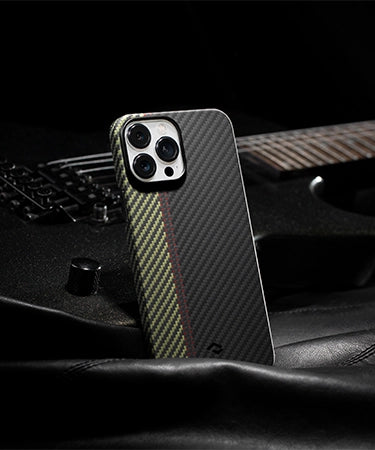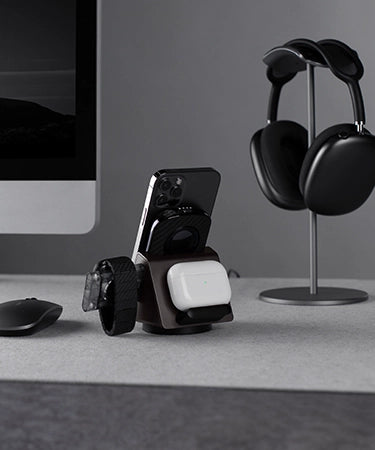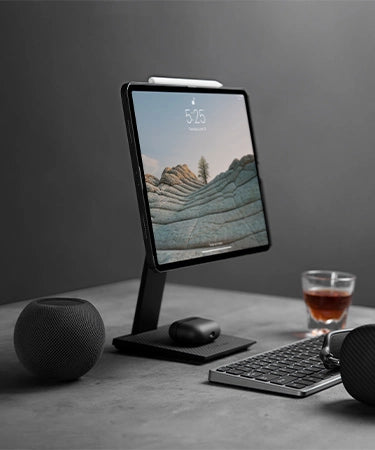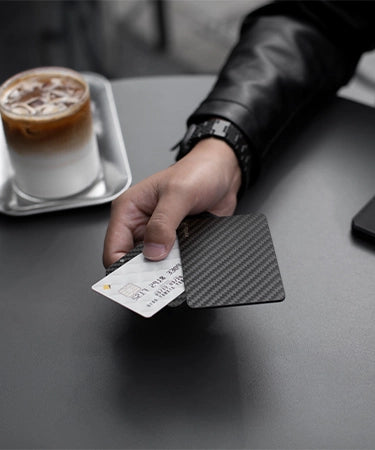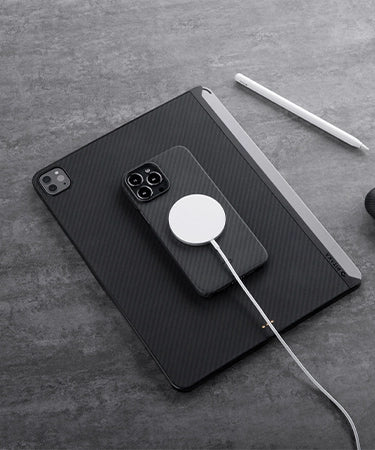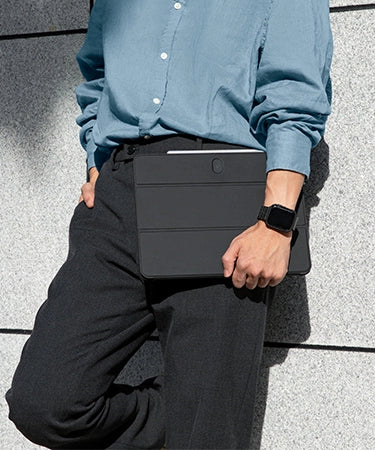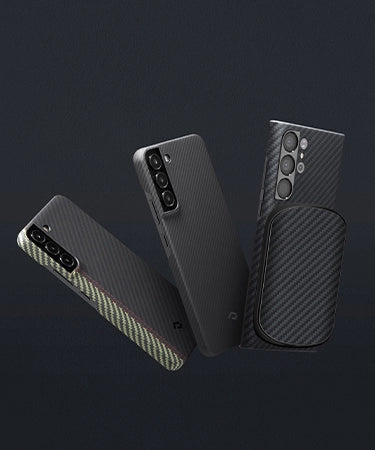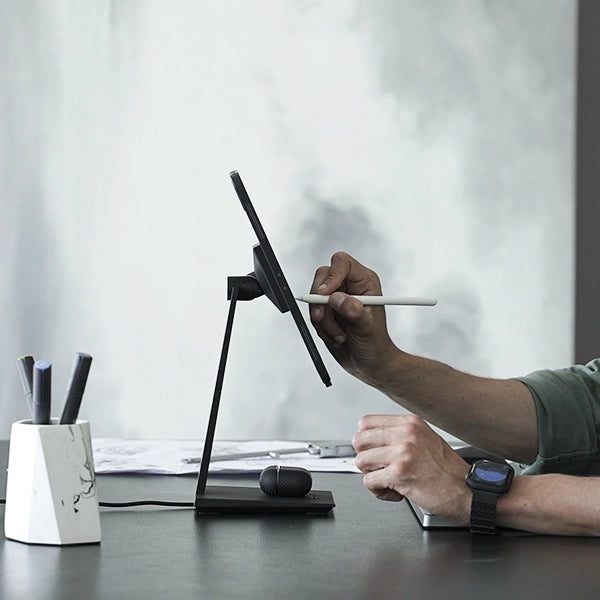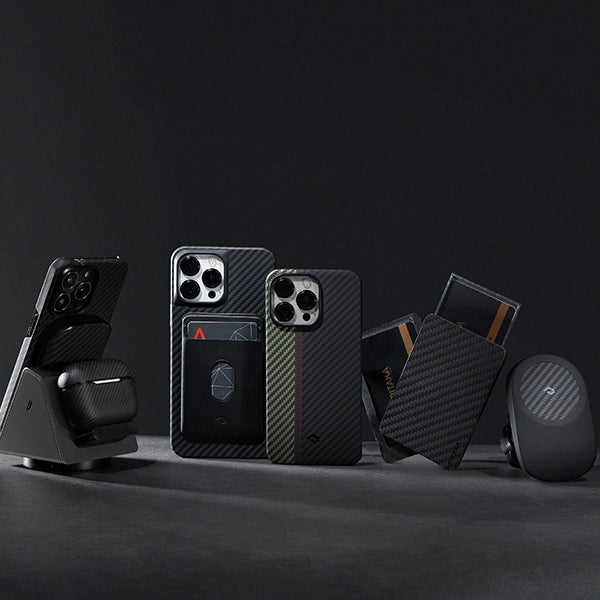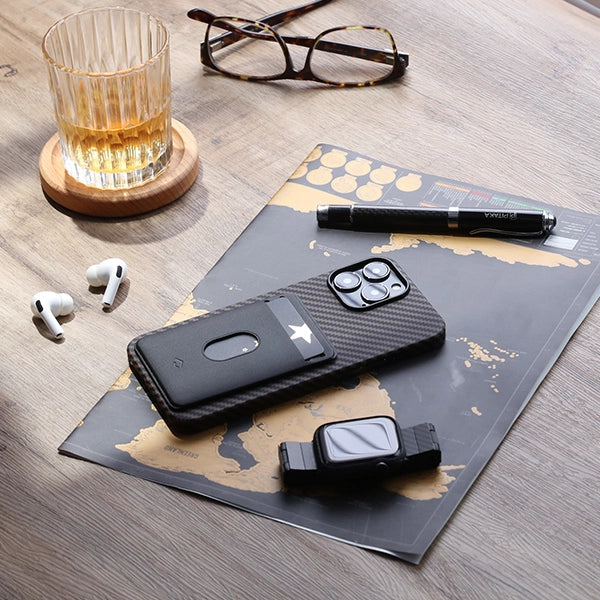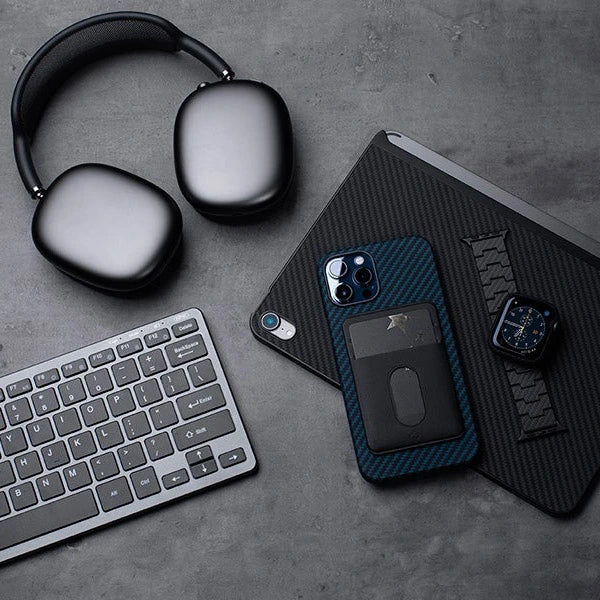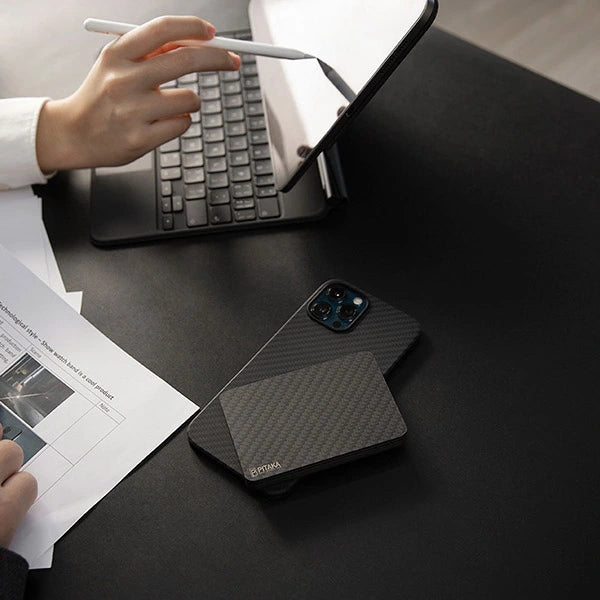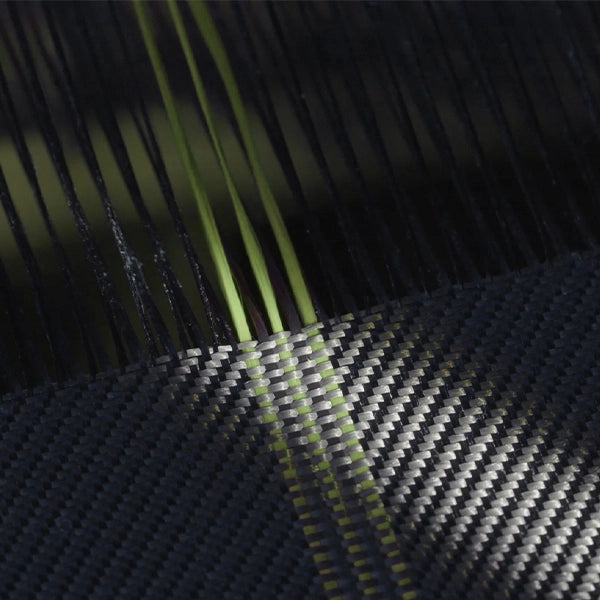
With every major smartphone now supporting wireless charging and rumors going around that the next iPhone might go completely wireless, it's clear that wireless charging is the future of smartphones.
However, despite wireless chargers being the future, the number of wired charging users is greater than that of wireless charging. Many people have their concerns about wireless charging, such as radiation risk. The same way that people used to be afraid of radios and televisions, many people are now worried that wireless chargers may be bad for their health.
Is Wireless Charging Really Bad For Your Health?
New technology, and wireless technology in particular, raises understandable concerns. People used to be afraid to stand in the same room as their microwaves, then they were worried about putting cellphones up to their heads, and now they are concerned that using wireless chargers may be negatively impacting their health.

This fear isn't totally unfounded. Wireless chargers do produce radiation while they're in use, which is the source of these fears. Radiation is a known health hazard, so it makes sense that people would be worried about the radiation effects of wireless chargers on their health.
To understand if wireless charging truly is harmful to your health, we first have to understand how wireless charging works.
How Wireless Charging Works
Wireless charging works through a process known as electromagnetic induction, which is a scientific way of saying that magnets are how wireless charging is possible.
In case you don't remember your old science classes, magnets are capable of transmitting electric currents - that's how electromagnets work. And because magnets naturally create a magnetic field, they can transmit electricity through this magnetic field, so long as another magnet is close enough that their fields overlap.
The challenge in applying this technology to phones is making it safe, as transmitting electricity through the air poses some risk. This is why we have the Qi wireless charging standard, which is an extremely safe form of wireless charging that most major smartphones use.
How Much Radiation Does Wireless Charging Emit?
Now that we understand how wireless chargers work, we can get into the type of radiation they emit. Specifically, wireless chargers create EMF radiation, or electric and magnetic field radiation. Because of the way wireless charging currently works, it's impossible for wireless chargers not to emit EMF radiation.
The electromagnetic radiation definition is a simple one. EMF radiation is a type of radiation that contains several forms of energy, including radio waves, microwaves, X-rays, and gamma rays. Sunlight is also a part of EMF radiation, although only a small portion. Radiation is caused by the acceleration of electrons, which occurs when you charge your phone with a wireless charger.
According to research by EMF Academy, wireless chargers emit 0mG of EMF radiation when they aren't charging a smartphone, which - as you might guess - makes them virtually harmless while they aren't being used. When charging a smartphone, however, they emit around 3mG of EMF radiation. For reference, 1mG is considered unsafe to the human body.
So, does that mean the radiation caused by wireless chargers is dangerous?
Should You Be Worried About Radiation From Wireless Charging?
Your immediate reaction to this may be to throw all of your wireless chargers out the window - but wait just a second! As you may or may not know, many of the electronics in your house emit radiation. Your microwave, for one, but also your wifi router, smart meters, and even your smartphone. Does that mean you should throw all of these things outside and bury them beneath the earth?

We're not going to tell you what to do, but what we will say is that none of these devices are anywhere near as dangerous as they sound. The sun creates more radiation than your microwave, smartphone, and wifi radiation combined, and you probably spend more time being exposed to the sun than you do to the radiation produced by these devices.

The truth is that while a wireless charger emits enough radiation to cause harm while it's charging your devices, it's not enough to be of any serious concern. Not to mention that the radiation created by wireless chargers doesn't spread throughout your home.
In fact, it hardly goes beyond the wireless charger itself. In the same experiment by EMF Academy, they found that the radiation field around a wireless charger only extends about three inches. That means you'll only be exposed to the radiation if you're using your phone while it's on a wireless charger, which most wireless chargers don't allow you to do anyway.

So, although wireless chargers technically produce harmful radiation, the size of the radiation field and the severity of the effects are so minimal that it's not worth worrying about.
Embrace The Future Of Wireless Charging
Instead of being afraid of wireless charging, you should embrace it! It's one of the most powerful features of modern smartphones, adding convenience and flexibility to your life. Not to mention that it's sure to be the future, with more and more evidence suggesting that phones will be completely wireless in just a few years.
Here are some of the benefits you get when you make the switch to wireless charging.
The Benefits Of Wireless Charging
Safer for your device
First and foremost, wireless charging is safer for your device. It charges slower than a wired charger, which preserves your battery's lifespan, meaning you'll get more use out of your phone before it needs to be replaced. You'll also save your charging port wear and tear from inserting a charging cable over and over again.
One charger for all of your devices

Another benefit of wireless charging is that because the Qi wireless charging standard is so popular it can work as a universal charger. Whether you have an Apple, Samsung, or Google phone, you can charge them all using just one wireless charger. This is especially helpful for families that use several different brands of smartphones.
Reduce clutter

Finally, using a wireless charger can reduce clutter in your home. You can throw out all of your old cables and just use a wireless charger or two that your whole family. Not to mention that there are multi-device wireless chargers that can charge all of your devices at once, meaning you'll only need one charger for every device in your house.
A Wireless Charger Perfect For Your Nightstand -- The Air Omni 6-in-1 Charging Station

Why is the Air Omni suitable for a nightstand?
Safety is always of paramount importance, especially in a place like the bedroom. Made from MFi certified components, the Air Quad ensures that you are charging your Apple devices in a safe manner as using the original charger.
Usually, the surface of your nightstand is limited. You couldn't put too much stuff on it. Imagine you have your phone, iPad and Apple Watch, as well as their chargers on the nightstand. What a mess that could be! With the Air Omni, you can charge up to 6 devices simultaneously. Just one cable and one charger are enough. Your nightstand will be more organized.
On the other hand, you must consider whether it will affect your sleep before you put something on the nightstand. Most electronics have light indicators which could be annoying in the dark. The Air Omni has its light as well, but with the LDR sensor, the light goes dark automatically when the light in your room is out. Enjoy your nice sleep.
Wireless Charging Is Safer Than You Think
Although wireless chargers technically emit harmful radiation, it's not nearly enough to be concerned about. Not only can you use wireless chargers without fear, but you can also benefit immensely by using them. We hope this article has shed some light on the safety of wireless chargers and encouraged you to give them a shot!
